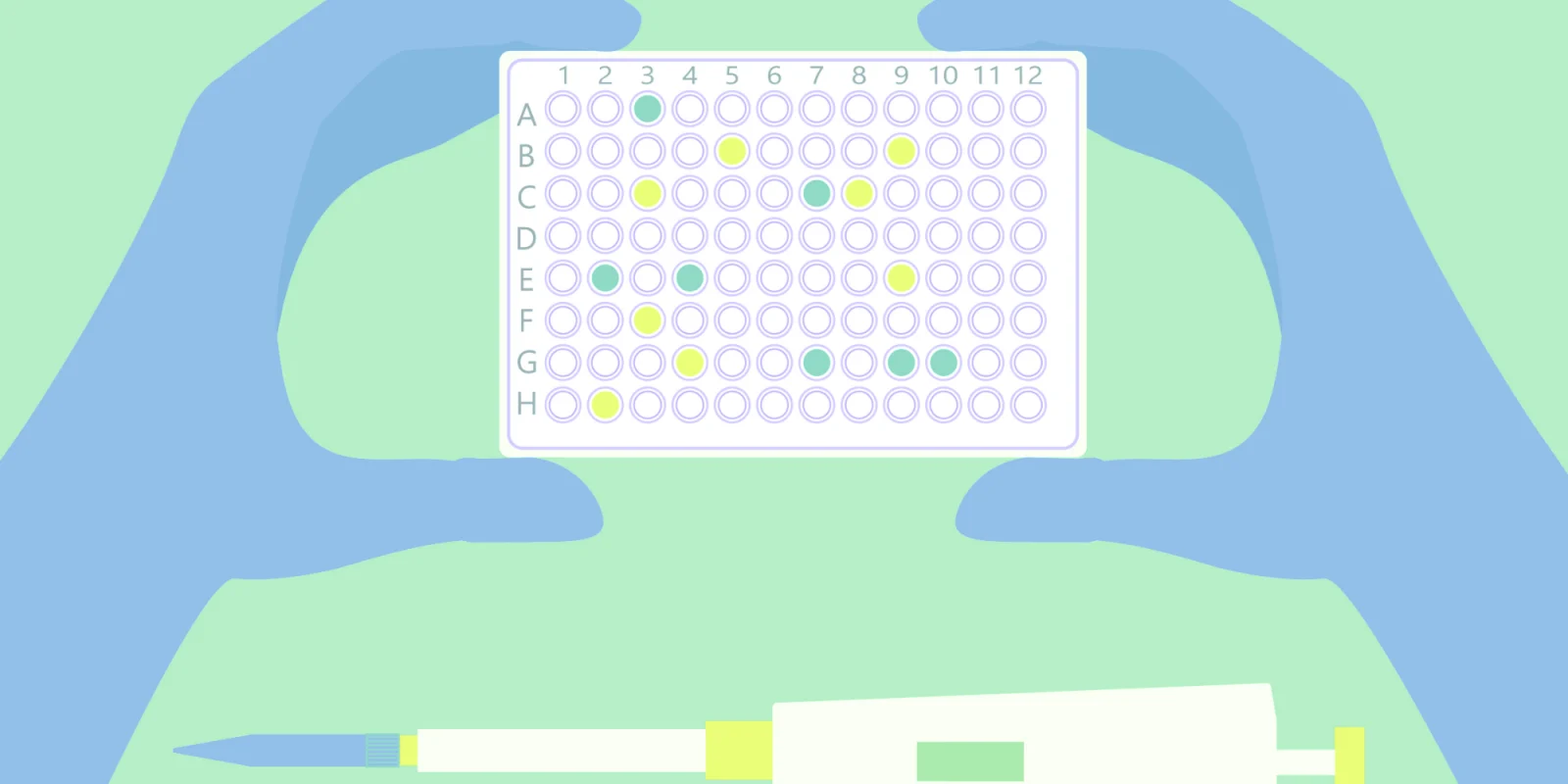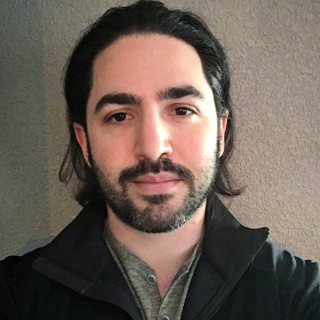
Students should never be afraid to ask for a research project. Real research takes time, effort, and a team approach. Any faculty, resident, or fellow worth their academic weight would be happy to have another team member to contribute, or can point you in the direction of a team that could use the assistance. The caveat is, you have to actually contribute, and when you are new at it, it takes more of your time.
Here are some pieces of advice I’ve gleaned over the years.
Find a project and a topic that fuels a passion in you.
You don’t have to be enthusiastic about the day-to-day project itself, but you need to extrapolate and conceptualize the major impact your research can have. Even if you aren’t particularly excited about doing western blots to elucidate mechanisms in the PI3K pathway, you might get excited about the potential downstream impact on diabetes and its treatment. This perspective gives the project, and your part in it, purpose, and it will shine through your work and your discussion of your work.
Get into the clinic with your supervisor(s).
“To study the phenomena of disease without books is to sail an uncharted sea, while to study books without patients is not to go to sea at all.” – Sir William Osler
You can tie your research to the patients you hope to help; the lives you hope to touch (again, giving your pipetting purpose). It will double as an audition, and it will allow early students to explore the field more intimately before choosing it for for-ev-er.
Early in my medical career, I was fascinated with immunology, hematology, and oncology. After an honors thesis, and multiple summers spent conducting clinical research, one of my mentors invited me to spend a day or two a week in clinic with him. It changed the course of my career. Now, I’m a plastic and microsurgical reconstructive surgeon.
Find research supervisors and mentors that care about teaching you.
This might seem obvious, but there is a big difference between being a warm body and being a mentee. This is not a place to settle. Find a genuine mentor, sincere in their desire to teach you, and to help you accomplish your specific goals. You can find this out through others (previous students, residents, faculty, fellow recommendation or warnings) or by taking a course with them or rotating on their service. If you spend your time wisely and navigate the mentor-mentee relationship aptly, this is a relationship you can maintain throughout your entire professional life and beyond. Find people you want to foster that type of relationship with.
Be clear about your research goals and intentions.
If you only want to do research because you need it for your application, that’s OK, but phrase your interest diplomatically. Make it known that your goal is presentation, publication, and networking, and make the most of your time. If you pretend to love meta-analysis or insinuate an inflated aspiration for becoming a clinician-scientist, before long, both parties will be disappointed.
Make sure you are involved in long AND short-term projects.
In terms of the residency application process, it does you no good to work for six months on a single, multi-institutional RCT that will publish in ten years. But, you can work on that and several case reports, retrospective reviews, and systematic reviews. If able, get involved in several projects at multiple phases of development.
Be aware of upcoming and long-term presentation opportunities at every level.
Know the medical student research day competition dates for your school, the local AMA or ACS society paper competitions, and specialty society prospects for regional/national/international presentation. Most medical schools have funding for student travel and there are many scholarships available for travel as well. Win the scholarships, travel to meetings, meet people, and win the competitions. It looks good for everyone involved to be active at all of these levels. You will garner invaluable presentation experience and networking opportunities.
Make sure you understand basic research methodology. Nobody expects you to be a bio-statistician, but you have to understand research in order to conduct it.
Take this time to learn from everybody and every activity you can. Be present and attentive at IRB reviews, biostatistics meetings, and research conferences. Learn how to generate ideas, analyze them, get data published and presented. Learn how to work with different specialized research personnel, and observe how (and how not) to be part of, and lead, an effective research team.
Read everything you possibly can on the subject.
Your research is usually a small piece of a vast network of scientific knowledge. By the time you’ve gotten to the manuscript or presentation phase, you should be able to go head-to-head with leading experts in the field on your specific segment of your specific protein or your niche population with a rare disease. When people ask you about the research you did, don’t be taken aback that they are surprised about how much you know.
Offer to organize things: data, references, charts, etc.
The simple act of putting references into Mendeley, and checking them for errors, is a huge help to the people you are working with. As a side benefit, it grants you exposure to the high-yield material that you might otherwise have had to find on your own.
Complete assigned tasks timely (that means early) but know your limits.
Do not spread yourself too thin. You are a human, and unfortunately, are subject to circumstance. If you are going to be late for a good reason, don’t wait until the last second to explain why. If your tasks are too onerous, and are negatively impacting your life, let someone know and find a way to revise your role. This recommendation specifically pertains to your grades. If your classwork and study are slipping because you are taking too much time in the lab or doing data input into the early morning hours instead of learning anatomy, step back. Very few programs are going to accept research accomplishments (which are uncertain) as recompense for sub-par grades or test scores.
Be known as a hard worker.
At this phase in your research role, your work ethic is just as important as your intelligence. If you are concerned about people noticing, don’t be. They always notice who puts in the time and effort. Always.
That said, be guarded about your work and ideas. Not to be overly Machiavellian, research can get pretty cut-throat and most people who’ve spent their lives in the field have come up against unsavory characters with unethical means of achievement. Just be aware and on-guard so you aren’t taken advantage of in a somewhat vulnerable position as a student.
If possible, exceed expectations and take tasks a step further. Always be thinking of the next step no matter what part of the process you are in.
I recently asked a medical student to take her time and start a report and review of the literature on a very complicated patient with a very complicated problem. I expected that, in a week or so, I would get a summary, with many holes, that would act as a solid starting point. Instead, two days later, I received an email with an extremely comprehensive, multi-page timeline and a separate summary, nearly ready for publication.
I asked the same student to take a shot at designing the spreadsheet for data analysis. She returned a spreadsheet designed from others in similar studies she had found and had already begun inputting the data from papers I had given her. This type of initiative and pre-empting of the next step fosters productivity; it’s one of the most important characteristics I look for in people looking for a project.
And, these are the moments I remember when considering order of authorship, deciding who to give which projects to, and when asked to evaluate performance or recommend someone for a position.
Ask questions without questioning.
This piece of advice is just as important in the wards as it is in the laboratory. It isn’t that nuanced of a difference, and it can drastically affect how people perceive your attitude. If you are working with the right mentor, they are experienced, appreciate constructive input, and encourage inquiry. You, however, may not know what you don’t know, and may even be surprised at the knowledge only begotten through experience (the things you don’t find in the book). Be aware of that fact and your approach to dissent.
Follow up, but don’t pester.
The people you’re working with are extremely busy. Follow up by asking if your mentor needs you to complete anything for submission of a manuscript. Find a meeting you’d like to present at and ask if that would be a reasonable place for the project. You can move things forward without pushing…maybe just a gentle pull.
Offer to start writing.
Many students are timid about the manuscript preparation portion of research. Don’t be. Every chance to do scientific writing is an opportunity to learn and improve. At the very least, it is an exercise for your future. The editing process is a clear demonstration of effort and a great chance for direct interaction with your supervising researcher.
If you leave your institute, stay on top of the work you did.
It’s easy to be “out-of-sight, out-of-mind” and get left off of something you contributed to as an author. You already put in the hard work, don’t lose out on the reward of the relationship or the publication by ghosting when you move on to the next career step. Stay in touch, let people know how their teaching impacted your path with occasional updates. This includes your peers and colleagues from the research team. You never know when the resident or post-doc from the lab way-back-when will be chair of the department you want to join in the future.
Well, good job, you killed it! Collect your presentations, publications, letters of recommendation, networking opportunities, and mentor-mentee relationships.
Joshua J. Goldman, MD is currently an Integrated Craniomaxillofacial and Microsurgery Fellow at Beaumont Hospital, Royal Oak and a Clinical Instructor for Oakland University William Beaumont School of Medicine. He is also a 2018–19 “Doximity Author.” You can follow him on Instagram at @GoldStandardPlasticSurgery.
The above represents his experience and viewpoints alone. They are not representative of his institution, program, or hospital. They are not to be construed as medical advice. Dr. Goldman has no conflicts of interest to disclose.







